2022 Census
IBGE gives workshop about 2022 Census data to public managers and members of civil society in São Luís (MA)
July 22, 2024 10h30 AM | Last Updated: July 23, 2024 10h33 PM
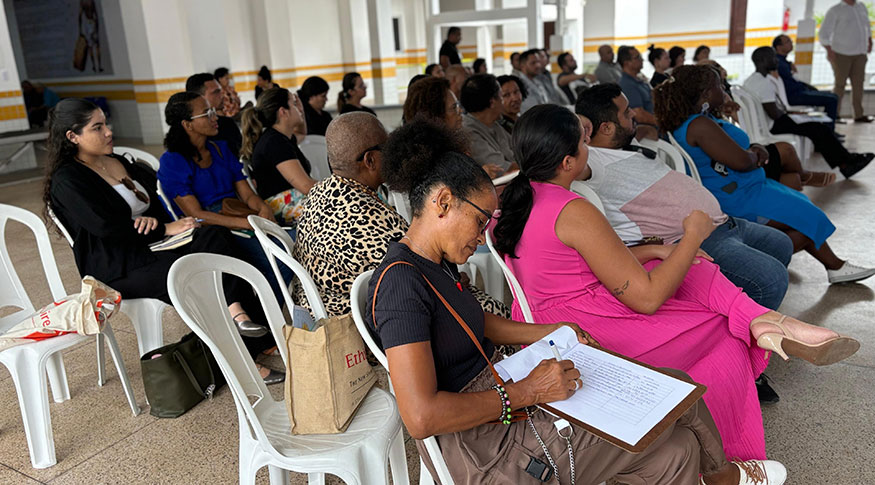
Attended by community leaders and representatives of government agencies and the civil society, the Brazilian Institute of Geography and Statistics (IBGE) gave, last Friday (19) afternoon, the workshop “A territory of information: potentialities of data in the 2022 Census.” The A activity is part of the dissemination activities about the 2022 Population Census - Quilombolas: Characteristics of Housing units and Literacy, held at Escola Municipal de Tempo Integral Negro Cosme, in the Liberdade neighborhood in São Luís (MA).
The 53 attendees learned about technical and operational aspects of the 2022 Census, results and tools, which are essential to help local managers in decision making. The first part of the workshop was a presentation about the survey, with figures about the operation and potentialities of data. By presenting innovations in this edition, mainly innovations and technological apparatuses that contributed to the effectiveness of data management, the IBGE technician who is in charge for the codification of the 2022 Population Census, Rafael Kessler Fernandez, remarked that “the data collection process was effected based on the comparison between data in Aneel and the enumerators’ data collection locations, thus allowing the verification of occurrences, in case any divergence is detected.”
When explaining the potential of data for local managers, Marta de Oliveira Antunes, who is in charge of the IBGE’s Technical Project on Traditional Peoples and Communities, highlighted that “the information presented allow public managers in the education field to have a profile closer to reality, so that their actions can more effectively fight illiteracy, for example.”
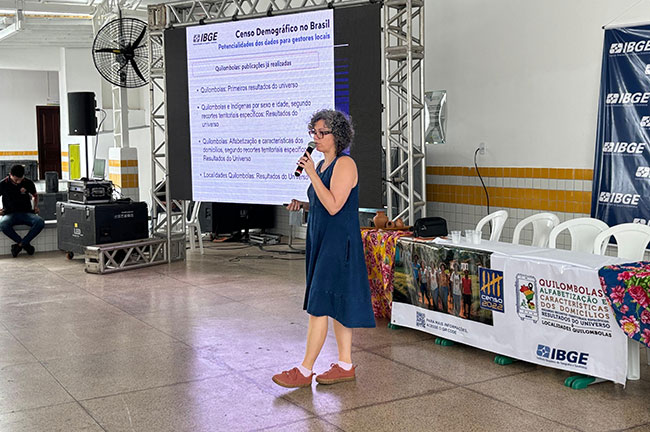
The manager of Traditional Territories and Protected Areas, of the IBGE’s Coordination of Territory Structures, Directorate of Geosciences (DGC), Fernando Damasco, and the special technical advisor to the IBGE Superintendency in Maranhão, João Ricardo Silva, presented the main tools to access the data produced by the IBGE, such as the 2022 Census Overview , the IBGE System of Automatic Retrieval (SIDRA) and the Interactive Geographic Platform. The manager of Natural resources Mapping, Luciana Temponi, conducted the presentation of the Environmental Information Database (BDIA).
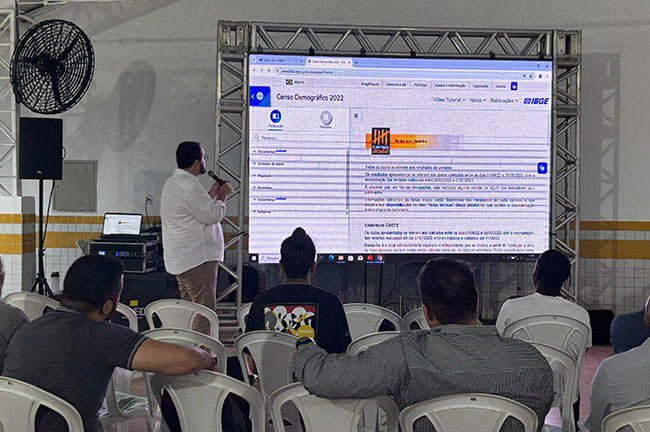
In the last part of the workshop, the technician Rafael Kessler Fernandez resumed the presentation and spoke about the 2000 Census topics already released and the prospects for the next releases, with emphasis on the 2022 Population Census 2022: Birth registries, Population results, scheduled for August 08.
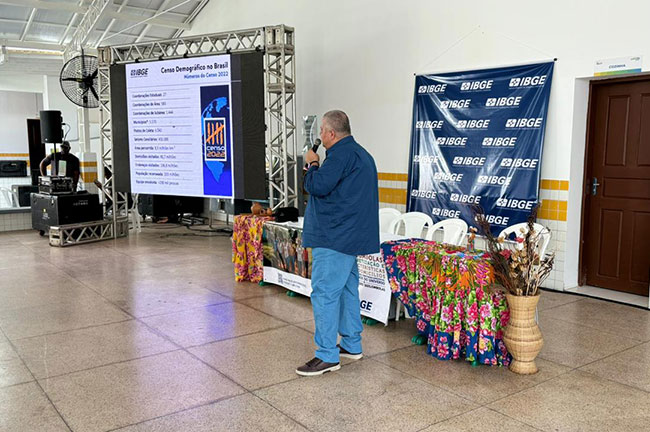
Data that reach the community
Besides the presence of public managers, the workshop was attended by residents of the Liberdade community, students and representatives of institutions and social projects. For the data analyst from Sebrae Maranhão, Isaías Rocha, the interest in knowing current data about the quilombolas is essential for the several types of activity the institution has developed in the state. “Currently, at the Strategy and Transformation Unit of Sebrae Maranhão, we are working in a project focused on quilombola communities. Using the 2022 Census data is important so that we will be able to carry activities out in due time and with a variety of information. Sidra, for example, is the API basis from which we extract data,” he said.
Interested of using IBGE in scientific research, the student of Public Statistics at the national School of Statistical Sciences, Francisco Tugna, took the opportunity to clear doubts with the workshop mediators and said that “the tools made available by the IBGE make it possible to access data more easily, binging the population closer to the surveys that show not only traditional peoples but Brazil as well”.
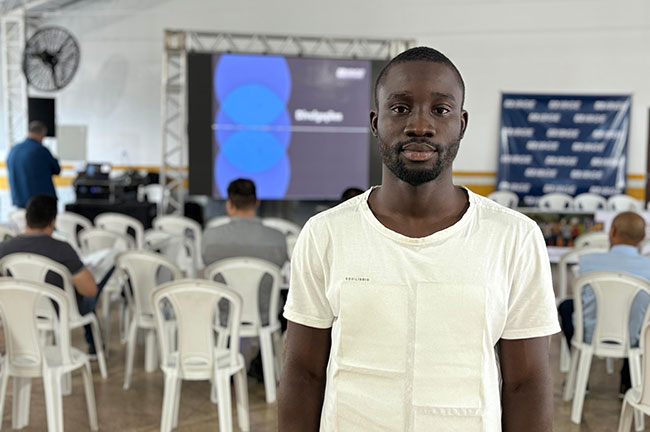
The workshop was also strategic for servants in the municipality of São Luís who work in the coordination and management of the capital’s Urban Legislation. “Today, at municipal level, we do not have technical conditions of conducting a survey as great as the IBGE’s. So, the Institute is our database and, certainly, learning how to handle all these platforms and websites will help us optimize our work,” said Thalyta Fernandes, survey superintendent at Instituto da Cidade, Pesquisa e Planejamento Urbano e Rural (Institute of the City, Research and Urban and Rural Planning) (Incid) of São Luís.
Sharing the same interest for the workshop, the representative of the Municipal Secretariat for Racial Equality in Cantanhede (a municipality located 170 far from the capital São Luís), Rosângela Ludovico, was enthusiastic about the workshop to learn about the data and tools provided by the IBGE. “I come from a city with more than 24 thousand residents and with a lot of quilombos. Being able to come here and participate in this event is essential for the public policies and the creation of public notices that will favor our municipality.”
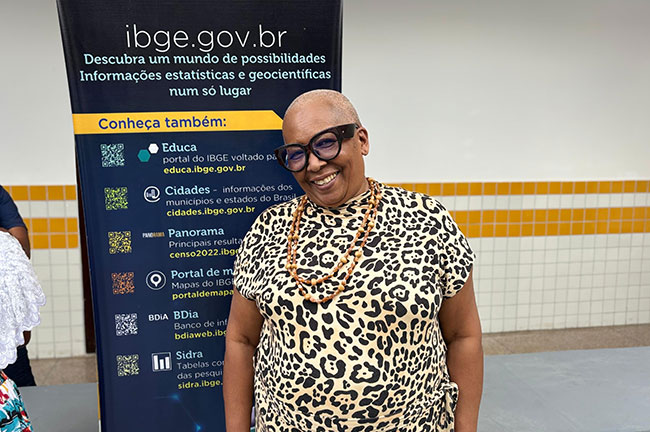
2022 Census
The population Census is a national landmark, being the main source of demographic and economic data in the country and the Only survey that can present results at municipal and intramunicipal levels. Data from the most complete statistical operation in the country, which visits all the 5,570 Brazilian municipalities, are fundamental both for public administration and social and economic planning of municipalities.
Having these data, executive and legislative instances, professionals, researchers and the society will have an assortment of information to help them not Only in the formulation, but also in the monitoring and assessment of several public policies.
Data from the twelfth national release of the 2022 Census area available at the Geographic Interactive Platform (PGI), the 2022 Census Overview and Sidra.




















